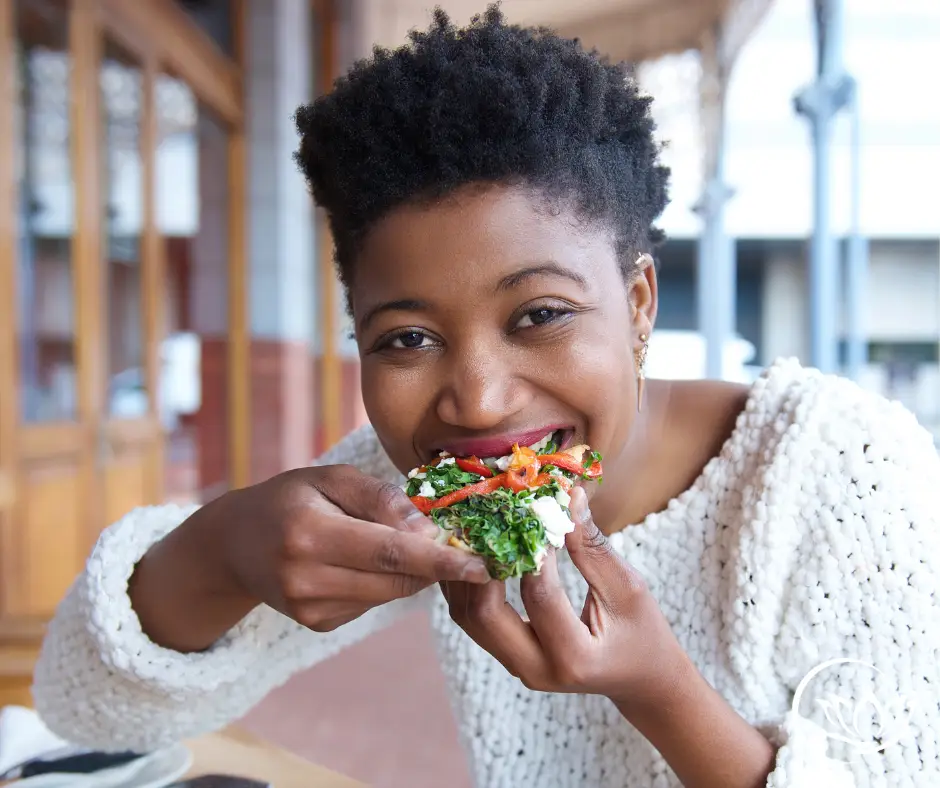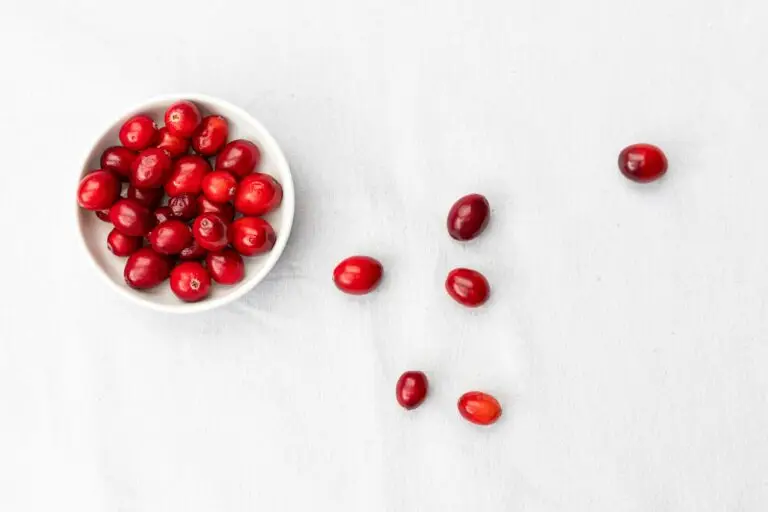Unhealthy Eating Cycle—Why You’re Stuck And How to Break Free
Valentine’s Day is around the corner, and for many of us, that means decadent dinners, sweet treats, and indulgences we might not normally allow ourselves. And while there’s absolutely nothing wrong with enjoying good food, it’s common to wake up the next day feeling like you’ve “fallen off track.” Cue the guilt, the resolve to “be good” again, and the unhealthy eating cycle starts all over.
Does this sound familiar?
If you’ve ever found yourself trapped in a pattern of being “good” with food one week and then completely off track the next, you’re not alone. So many women in midlife struggle with the push-and-pull of trying to eat “right” but constantly feeling like they’re failing.

But here’s the truth: It’s not about willpower. It’s about mindset. And until you shift the way you think about food, you’ll stay stuck in the same exhausting loop.
Why We Get Stuck in This Unhealthy Eating Cycle
There are a few key reasons why this pattern keeps happening:
- The Restriction Mentality When we constantly label foods as “good” or “bad,” we create a unhealthy eating cycle of deprivation and overindulgence. If you tell yourself you can’t have chocolate, what happens? You crave it even more. And then, when you finally give in, you eat way more than you intended, feeling guilty afterward.
- The All-or-Nothing Approach If you’ve ever thought, “Well, I already ate that slice of cake, so today is ruined. Might as well go all in and start fresh tomorrow,” you’re falling into this trap. This mindset turns one small indulgence into an all-day (or all-week) binge.
- Emotional Eating Patterns Food isn’t just about hunger. We eat when we’re stressed, tired, sad, or even bored. Many women realize their unhealthy eating cycles aren’t about the food at all—they’re about how they cope with emotions.
How to Break Free and Find Balance
The good news? You don’t have to stay stuck in this pattern forever. Here are three foundational shifts I work on with my coaching clients to help them create a balanced relationship with food:
1. Ditch the “Good vs. Bad” Mentality
Food isn’t moral. You aren’t “good” for eating a salad or “bad” for enjoying pasta and dessert. When you remove these labels, food loses its emotional charge, and you can enjoy it without guilt.
2. Practice Mindful Indulgence
Instead of the all-or-nothing approach, practice eating indulgent foods with full awareness. Slow down, taste each bite, and stop when you’re satisfied. When you allow yourself to enjoy food without restriction, you’re far less likely to overdo it.
3. Identify Your Triggers
Are you reaching for food when you’re stressed, lonely, or exhausted? Take a step back and ask yourself what you really need in those moments. Maybe it’s rest, connection, or even just a deep breath—not food.
Ready for Real Change?
This is exactly what I help my coaching clients with. We go beyond meal plans and calorie counting to uncover the root causes of unhealthy eating patterns. Together, we build sustainable habits that let you enjoy food without guilt while still prioritizing your health.
If this cycle sounds familiar, you’re not alone. And you don’t have to figure it out by yourself. If you’re ready for a different approach—one that actually works for real life—let’s chat. Click here to learn more about my coaching and book a call.
Here’s to a Valentine’s Day (and a life!) where you can enjoy chocolate and pasta without the guilt. 🌟






